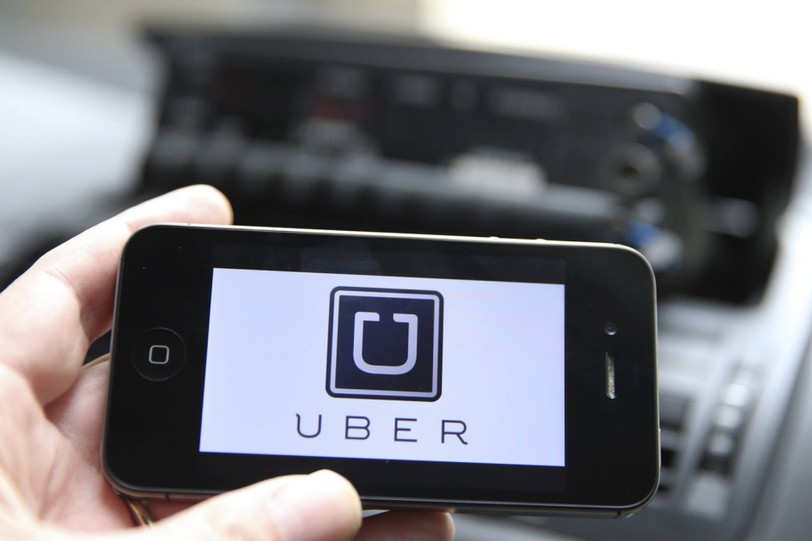Ride-sharing sounds like a great idea – mobile phone users click an app to have a driver pick them up in their personal car and take them to their destination. It’s faster and easier than a taxi and given some of the taxi rides we’ve taken, it would likely be cleaner and better smelling, too. The app can also link to your credit card, so there are no concerns about having cash or credit card machines not working. Yes, this innovative way to ride-share is convenient, but it’s not without legal concerns.
In November 2015, the Pennsylvania Senate overwhelmingly approved a bill that creates provisions to permanently legalize the ride-sharing services. According to philly.com, “The bill would require ride-sharing companies to perform background checks for all potential drivers, mandate a certain level of car insurance, keep records of the vehicles used by all drivers, and implement a ‘zero-tolerance’ policy for drug and alcohol use by drivers on the job, among other provisions.” Despite the fact that ride-share services are not yet licensed in the Philadelphia, Uber and others have been operational for a while, much to the chagrin of the Philadelphia Parking Authority, which regulates taxi services. Philly.com reports that, “UberX has offered 700,000 rides in the city since debuting, and taxi medallions have plummeted in value since Uber and Lyft debuted.”
Is ride-sharing safe?
According to the Uber website: “All drivers in the US must provide their license and vehicle documentation before being able to drive with Uber. They’re also required to go through a pre-screening process that includes a review of their motor vehicle records and a search through criminal records at the county, state, and federal levels.” That being said, Uber drivers have been accused of crimes ranging from assault to kidnapping in cities around the US and globally in India and London.
For disabled riders, ride-sharing through these networks can be difficult because the companies’ cars are not required to be wheelchair-friendly. Traditional car and taxi services must adhere to the Americans with Disabilities Act (ADA) which states that private taxi services cannot discriminate against the disabled and must have vehicles that can transport wheelchairs.
Another concern is around vehicle safety and insurance. Ride-share drivers are considered independent contractors and are required to provide their own insurance. Unlike taxi companies, Uber is a technology company that operates an app for connecting consumers with drivers, so the legal requirements are different. Uber requires that drivers buy their own commercial car insurance, and it provides $1 million of liability coverage per incident.
As the popularity of these transportation network services grow, our legal system and Federal and state regulations will have to evolve as well. With a recent valuation of $70 billion (according to Money magazine), Uber would pass the market value of GM, Honda and Ford – so think it’s clear that ride-sharing is here to stay.
Our advice? Whether you choose Uber, Lyft, Sidecar or another emerging rideshare app such as Hail and Carma, review the legal information on the app or the company’s website before you use the service, so you understand the level of insurance that they require of their drivers and the measures that they have taken to protect their customers
If you or a loved one is involved in an incident with a ride-share driver, it’s best to speak with an attorney who will take your case seriously and help to evaluate your options.
Image from nypost.com and Zuma Press


